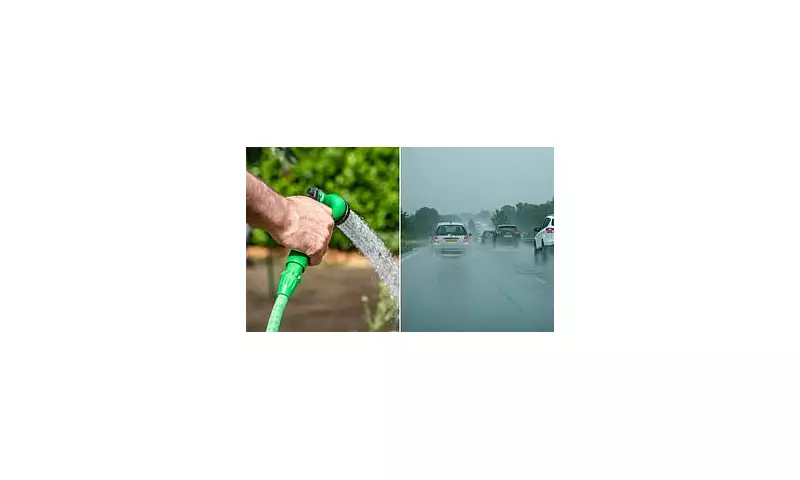
Britain is facing the unprecedented threat of hosepipe bans extending into winter as water authorities warn that reservoir levels remain critically low despite recent rainfall.
Experts reveal that months of below-average rainfall have left water supplies in a perilous state, with some reservoirs at less than half their normal capacity for this time of year. The situation has become so dire that water companies are considering measures typically reserved for summer months.
Why Rainfall Isn't Solving the Crisis
Meteorologists explain that while recent downpours have provided some relief, they represent merely a drop in the ocean compared to what's needed to replenish depleted groundwater sources and reservoirs. The rain has been insufficient to reverse the effects of an exceptionally dry year that has left aquifers and water tables dangerously low.
"The ground is so parched that much of the rainfall is simply running off into rivers and streams rather than being absorbed into the aquifers where we need it most," explained one water resources expert.
Which Regions Are Most Affected?
Thames Water, serving 15 million customers across London and the Thames Valley, is among the companies most concerned about supply levels. Their reservoirs, including Farmoor in Oxfordshire, are showing significantly reduced capacity that could trigger emergency measures if conditions don't improve.
Other water companies across southern and eastern England are monitoring the situation closely, with several indicating they may need to implement similar restrictions if autumn and winter rainfall fails to meet expectations.
What a Winter Hosepipe Ban Means for Households
If implemented, the ban would prohibit:
- Watering gardens with hosepipes
- Washing cars using hosepipes
- Filling swimming pools or paddling pools
- Cleaning patios or driveways with mains water
Exceptions would typically be made for businesses requiring water for operational purposes and for those with specific medical needs.
The Long-Term Water Security Challenge
This potential crisis highlights broader concerns about the UK's water infrastructure and resilience to changing weather patterns. Climate scientists warn that such shortages may become more frequent without significant investment in water storage and distribution systems.
Water companies are urging customers to conserve water now by fixing leaks, using water-efficient appliances, and adopting smarter water usage habits to help mitigate the need for more severe restrictions later.





